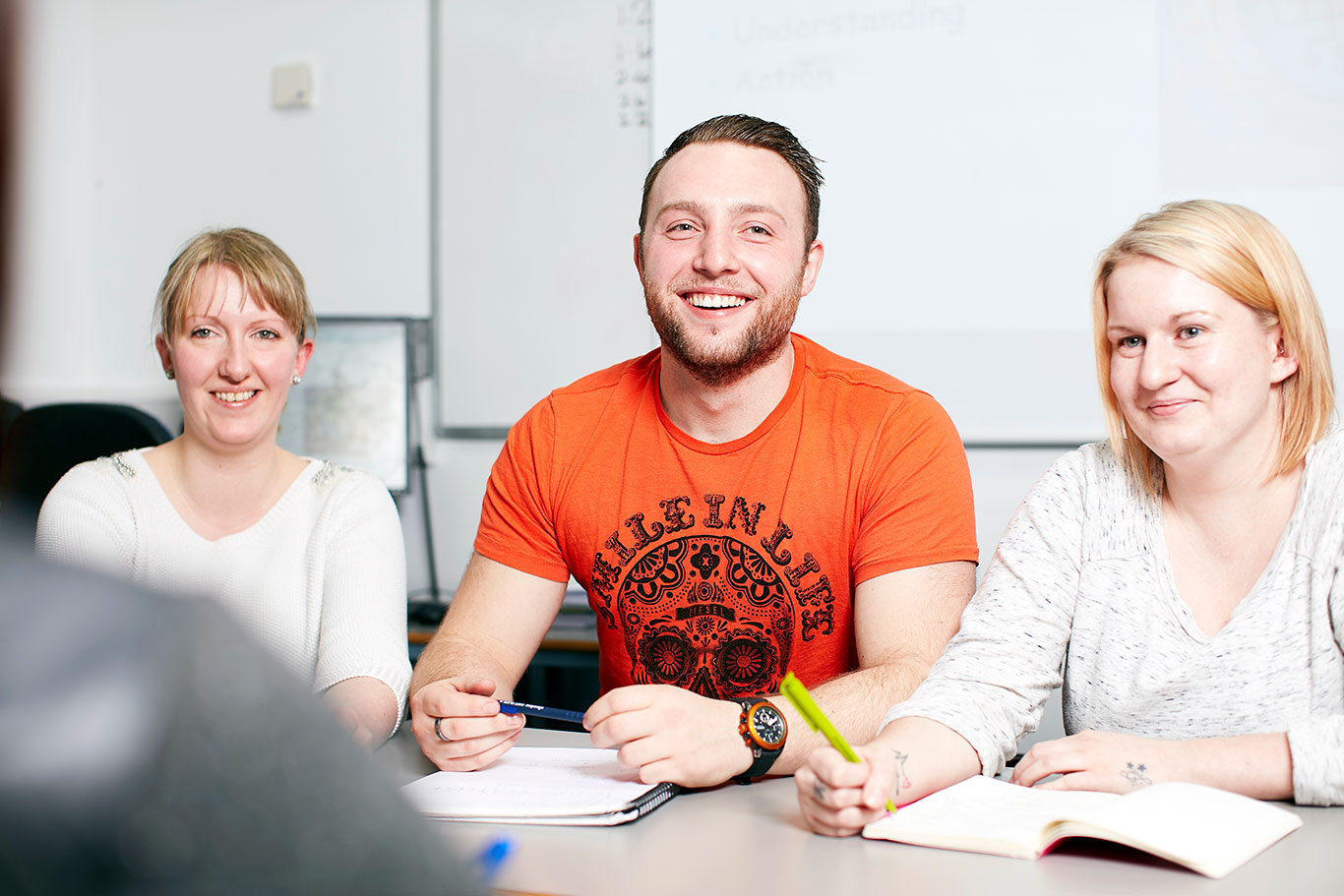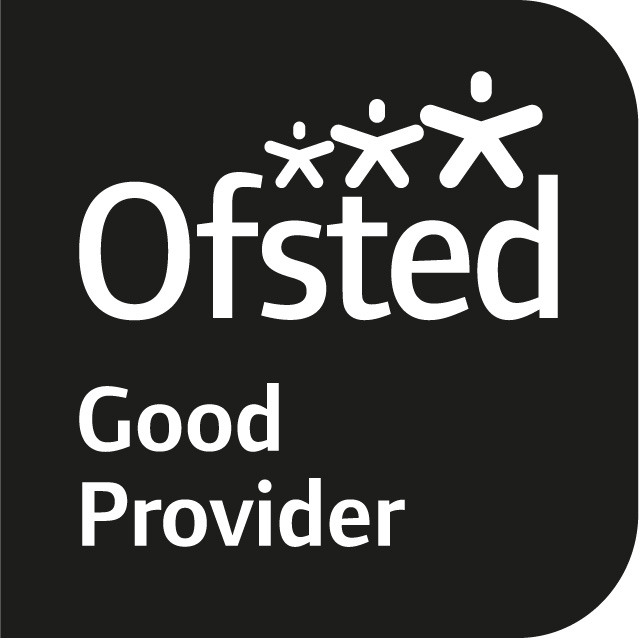
Course may be subject to change.
The BA (Hons) Counselling Top-Up programme is designed for students who have completed a Foundation Degree or a CPCAB Level 4 Counselling qualification. This programme provides an excellent opportunity to advance their academic and professional development, enabling them to achieve a full Honours degree. The programme is tailored to equip students with the advanced skills, knowledge, and competencies necessary to excel in the counselling profession.
The programme aligns with the standards and competencies outlined in the SCoPEd (Scope of Practice and Education) framework. This framework, developed collaboratively by leading counselling and psychotherapy bodies in the UK, ensures that students are prepared to meet the professional standards required in the field. By completing this top-up degree, students enhance their ability to work within various therapeutic contexts, demonstrating their commitment to professional growth and ethical practice.
Subject to validation.
Entry Criteria
- You should hold a counselling qualification with a value of 240 credits (120 at Level 4 and 120 at Level 5). This will normally be satisfied if applicants hold a Foundation Degree or Counselling Diploma.
- 100 hours supervised counselling placement practice
- Clear Enhanced DBS (this will be provided by New College Durham)
- Individual Membership status with BACP/NCPS/UKCP
- Currently in counselling practice
Additional Costs
There may be some additional costs, such as study materials and books.
What are the next steps?
You will attend an interview with a member of the course team, where you will be given an overview of the course and the opportunity to ask questions.
You will will complete an individual piece of written work, and an interview.
Please report to the NCD University Centre (Neville Building) reception where you will be greeted by one of the team.
Study Aims
The BA (Hons) Counselling Top-Up programme provides a comprehensive educational experience, focusing on professional development, ethical practice, and a deeper understanding of complex counselling issues. This programme aims to develop knowledgeable, empathetic, culturally sensitive, and skilled professionals ready to positively impact the counselling field and improve their employability.
Programme Objectives:
- Equip students to handle the diverse challenges of the counselling profession.
- Develop students' ability to conduct and apply research, contributing valuable insights to the field.
- Ensure students adhere to high ethical standards, demonstrating professionalism and integrity.
- Prepare graduates for advanced studies in counselling at the master’s level.
- Enhance students' critical and analytical skills to evaluate complex counselling issues and engage with diverse theoretical frameworks and practical applications.
Modules Studied
You will study the following core modules:
Working as a Professional in Practice (30 credits) This module explores complex dynamics in the therapeutic relationship, focusing on the impact of self, power dynamics, and relational depth. Students will justify their practice and develop a coherent theoretical framework. Emphasis is on reflective and ethical practice, cultural competency, and skills for professional accreditation. The module encourages critical reflection on biases and privileges, aiming to dismantle oppressive structures in therapy.
Trauma Informed Practice (30 credits) This module provides counselling students with a comprehensive understanding of trauma through theoretical frameworks and research. It focuses on enhancing clinical proficiency, cultural competence, and ethical considerations for effective trauma-informed care. Students will learn to apply trauma-informed principles in diverse settings, understand the systemic and interpersonal impacts of trauma, and develop comprehensive assessment skills. The module also covers trauma-informed supervision for holistic professional development.
Children, Young People and Families (20) This module covers the complexities of counselling children and young people in various settings. It emphasises ethical practice, relevant legislation, creative techniques, and working with multi-disciplinary teams. Students will also learn about counselling children in the social care system and the appropriate modalities for this group. Practice with children and young people is not required during the module
Research Dissertation (40 credits) This module equips students with essential research skills and methodologies for evidence-based practice. Emphasising critical appraisal and ethics, it prepares students to conduct primary research and contribute to the counselling field. Students will learn diverse research designs, enabling them to apply evidence-based interventions and stay current with trends.
Times of Delivery
Full Time (over one year) Tuesday 9.30am - 4.30pm Wednesday 9.30am - 4.30pm
Part Time (over two years) Year One Tuesday 9.30am - 4.30pm Year Two Wednesday 9.30am - 4.30pm
Any times indicated are based on current courses and may be subject to change in future years. Full timetables will be confirmed at the start of each course.
Teaching and Assessment
The modules employ a blend of teaching methods, including lectures, seminars, workshops, and practical exercises, to provide a comprehensive learning experience. Students engage in interactive sessions to deepen their understanding of theoretical concepts and develop practical skills. Assessment methods vary across modules and include written assignments, research projects, presentations, and practical demonstrations. These diverse assessment strategies ensure that students can demonstrate their knowledge, critical thinking, and application of skills in both theoretical and practical contexts
Industry Links
The Programme Team endeavour to arrange external guest speakers during the academic year to enhance student learning experience.
Maths and English
Ideally, you will hold a GCSE grade 4 or above (or Level 2 equivalent) in maths and English. You may find that employers will expect you to hold maths and English at this level.
Placement
There is no formal requirement for you to undertake a work placement, however, current or recent counselling practice is required. You will be encouraged to actively engage in work experience opportunities.
What else?
This programme is specifically designed to allow you to continue in counselling practice whilst studying for your degree two days a week at college.
You will be qualified to pursue a career as a Counsellor. The programme provides students with a solid foundation to progress and study a Masters qualification.


